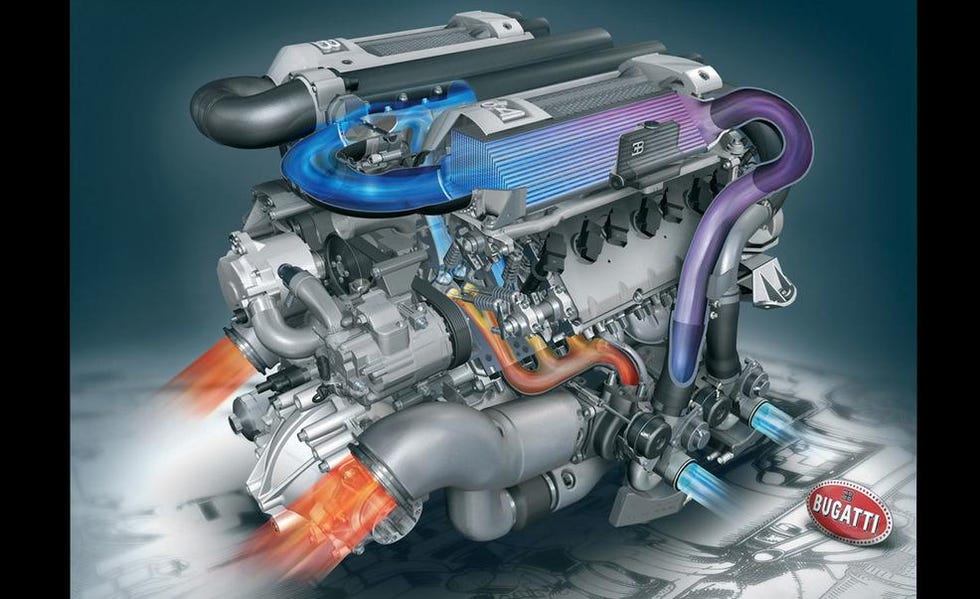Client Evaluations: Why Engines For Africa Attracts Attention
Client Evaluations: Why Engines For Africa Attracts Attention
Blog Article
A Full Overview to Selecting the Right Engine for Your Task
Choosing the suitable engine for your job is an important choice that can substantially affect its general success. Each of these aspects plays a critical role in guaranteeing that your selected engine not just fulfills instant goals but also straightens with lasting goals.
Define Your Job Requirements
Defining your job needs is a vital step in choosing the ideal engine for successful implementation. A thorough understanding of your job's goals will certainly assist you in identifying the capabilities and attributes required from an engine. Begin by describing the extent of your project, consisting of the wanted functionality, target audience, and the details outcomes you aim to accomplish.
Following, take into consideration the technological requirements that align with your job goals. This includes examining the compatibility of the engine with existing systems, along with the programming languages and frameworks that will be utilized. Additionally, evaluate the level of scalability needed to fit future growth or modifications popular.
Spending plan restraints likewise play an important duty in specifying your project needs. Establish a clear financial framework to guide your decision-making process, ensuring that the engine selected fits within your budget while giving the needed capability.
Evaluate Efficiency Demands

Next, take into consideration the scalability of the engine. Examine whether it can deal with raised workloads as your job expands. Engines that support straight scaling are typically preferable for larger applications. In addition, evaluate the engine's performance under various problems, such as peak usage situations, to guarantee it meets your dependability criteria.
Think About Convenience of Usage
While technical specs are crucial, the ease of use of an engine can considerably affect the advancement procedure and general task success. An instinctive user interface, clear documents, and structured operations can drastically minimize the knowing curve for designers, enabling them to concentrate on imagination and analytical as opposed to grappling with complex tools.
When evaluating an engine's ease of usage, take into consideration the onboarding experience. A well-structured intro, total with tutorials and sample projects, can facilitate a smoother transition for brand-new individuals. In addition, the quality and comprehensiveness of the engine's documents play an essential duty; detailed guides and API references can empower programmers to fix and execute features successfully.
One more aspect to take into consideration is the engine's modification abilities. An engine that enables simple modifications can be much more user-friendly, as designers can customize it to fit their details needs without considerable trouble. Finally, examine the operations integration with devices and platforms you already make use of. A cohesive ecological community explanation can improve performance and decrease rubbing during the advancement procedure. Ultimately, selecting an engine that focuses on convenience of use can bring about a more delightful and productive development experience.
Assess Community and Assistance
The toughness of an engine's neighborhood and support network can greatly influence a designer's experience and success. A dynamic community frequently suggests a riches of common expertise, sources, and repairing assistance that can boost your task's growth procedure. When analyzing an engine, consider the dimension and task degree of its neighborhood. Larger communities usually use a lot more online forums, tutorials, and third-party plugins, allowing developers to find solutions more successfully.
Additionally, assess the availability of main support channels. Trusted documents, responsive consumer support, and regular updates are essential for dealing with technical problems and keeping your job on track. Engines For Africa. Energetic communities likewise foster partnership, providing possibilities for networking and feedback, which can be very useful, especially for small groups or independent developers
Furthermore, investigate the existence of community-run occasions, such as meetups or hackathons. These events can improve your understanding of the engine while connecting you with knowledgeable customers and potential collaborators. In recap, a robust area and support system not just simplify development however additionally create an atmosphere for learning and development, eventually boosting the chance of your project's success.
Compare Cost and Licensing Choices
Budget plan factors to consider play a crucial role in selecting the best engine for Going Here your job, as the expense and licensing alternatives can significantly impact both short-term expenses and long-term practicality. Engines For Africa. Different engines provide varying pricing structures, which can consist of one-time acquisition costs, registration models, or revenue-sharing contracts based on your project's earnings

Licensing alternatives likewise vary dramatically. Some engines are open-source, using flexibility and community-driven assistance, while others may call for proprietary licenses that limit usage and circulation. Understanding the effects of each licensing model is essential, as it impacts possession legal rights, future scalability, and possible legal commitments.
Conclusion
To conclude, selecting the proper engine for a project demands a complete assessment of specified project requirements, efficiency requirements, simplicity of usage, community support, and price considerations. By systematically resolving these important elements, decision-makers can make sure placement with both current and future task needs. A well-informed option eventually boosts the likelihood of project success, allowing efficient source appropriation and making best use of possible outcomes within the defined budgetary constraints.
Choosing the proper engine for your task is a critical decision that can substantially influence its total success.Specifying your task requires is a critical action in picking the ideal engine for effective execution. A comprehensive understanding of your task's purposes will certainly lead you in recognizing the attributes and capacities needed from an engine.Once you have a clear understanding of your project requires, the following step is to assess the performance needs of the engine.In verdict, choosing the suitable engine for a project demands a thorough evaluation of specified job demands, performance requirements, learn this here now convenience of usage, neighborhood support, and cost factors to consider.
Report this page